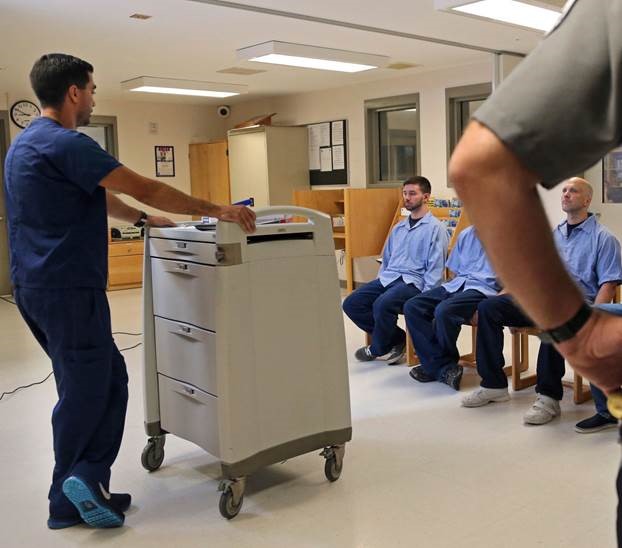Most States Have Good Samaritan Laws and Research Indicates They May Have Positive Effects
In recent years, some states have enacted Good Samaritan and Naloxone Access laws to help reduce overdose deaths and respond to opioid overdoses.The Comprehensive Addiction and Recovery Act of 2016 included a provision for GAO to review these laws. This report addresses the following: (1) the efforts ONDCP has taken to collect and disseminate information on Good Samaritan and Naloxone Access laws, (2) the extent to which states, territories, and D.C. have these laws and the characteristics of them, and (3) what research indicates concerning the effects of Good Samaritan laws.To answer these questions, GAO collected and reviewed ONDCP documents and interviewed agency officials. GAO also reviewed and analyzed selected characteristics of jurisdictions' Good Samaritan and Naloxone Access laws. Further, GAO conducted a literature review of empirical studies published from 2010 through May 2020 that examined the effects of Good Samaritan laws....












